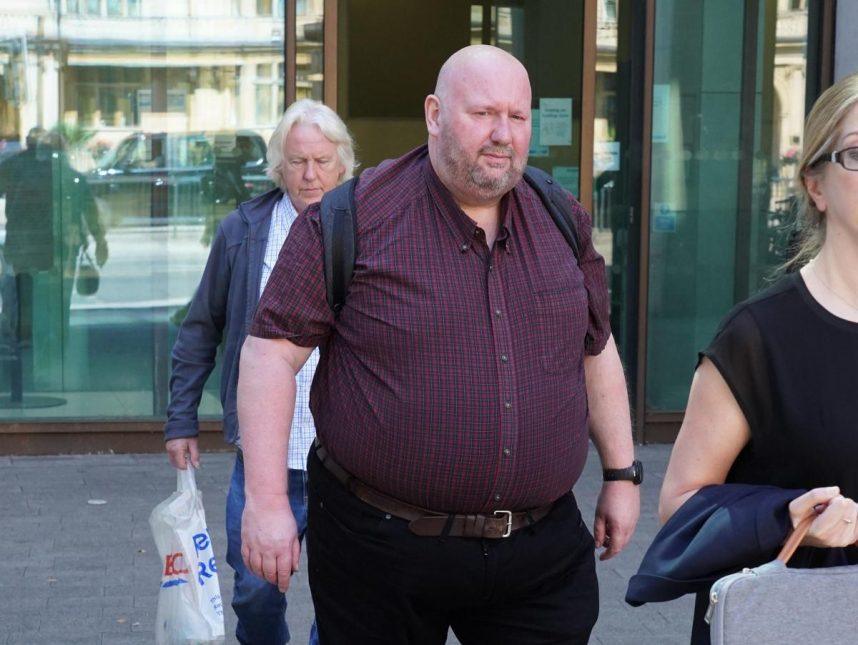UK Diocese Partly to Blame for Employee’s Gambling Habit, Investigation Suggests
[ad_1]
Posted on: July 6, 2023, 08:18h.
Last updated on: July 6, 2023, 09:42h.
Martin Sargeant received a five-year prison sentence for his elaborate scheme to defraud the London Diocesan Fund (LDF) of £5.2 million (US$6.3 million) over the course of a decade to feed his gambling habit. In response to the scandal, the church embarked on an extensive investigation aiming to uncover how he was able to keep his scheme going for so long. The diocese has now realized that it was partly to blame.

On Tuesday, the LDF disclosed that it had received its report, prepared by accounting and consulting firm Crowe LLP. The LDF commissioned the investigation this past May.
Sargeant enjoyed unrestricted authority in transferring funds to his own bank accounts before and after he resigned as the diocese’s operations manager. The report concluded that this was due, in large part, to the absence of personal supervision, audits, and communication between him and church officials.
Free Reign and No Accountability
The interview phase of the investigation entailed the participation of 15 individuals. In addition to the former Bishop of London, Lord Chartres, and his successor, Reverend Sarah Mullally, it included the involvement of Pierre Delaney, who served as the Archdeacon of London at the time, as well as his successor, Luke Miller.
Crowe concluded in its report that there was a lack of comprehension regarding the City Churches Grants Committee’s (CCGC) involvement with churches nationwide. Sargeant has complete control over the finances and information pertaining to the CCGC and the churches that should have received funding through the committee.
The absence of external oversight may have played a role in facilitating the persistent fraud. The individuals interviewed noted that Sargeant didn’t exhibit obvious indications of living beyond his means. However, there were also no controls in place to monitor his finances.
The report further highlighted the existence of various cultural and environmental measures that facilitated the perpetration of the deceit. Among these, it was noted that the interviewees perceived Sargeant as possessing an authoritative demeanor akin to that of a bishop.
Crowe made some recommendations to ensure something like this doesn’t happen again. These suggestions focus on the establishment of a comprehensive framework for the church, encompassing financial management and project management, as well as incorporating necessary counseling and assistance.
Additionally, a thorough evaluation of accounting policies needs to take place, encompassing guidelines on how to report, monitor, and assess disclosure. Presently, the existing policy lacks clarity regarding the definition of disclosure and its assessment methods.
In addition, the church should carry out thorough financial assessments when each project concludes. To enhance transparency, it should also validate the bank account that registrants use as a reference for transferring new services.
Reign Comes to an End
From 2009 to 2019, Sargeant deceived the church in an audacious and clever manner. The 53-year-old had built up his reputation within the diocese and churches, with no one stopping to question his actions at any point. This allowed him to gain more trust at all levels of the system.
He repeatedly bilked the diocese of funds that would have otherwise been destined for various churches for their community projects. Sargeant spent the money on vacations, gambling, and other activity.
In July of last year, he faced charges of engaging in money laundering and false representation. News of his arrest surfaced two months prior, but his identity remained undisclosed during that period. Ultimately, he entered a guilty plea on just one count of fraud in a plea deal.
[ad_2]
Source link
